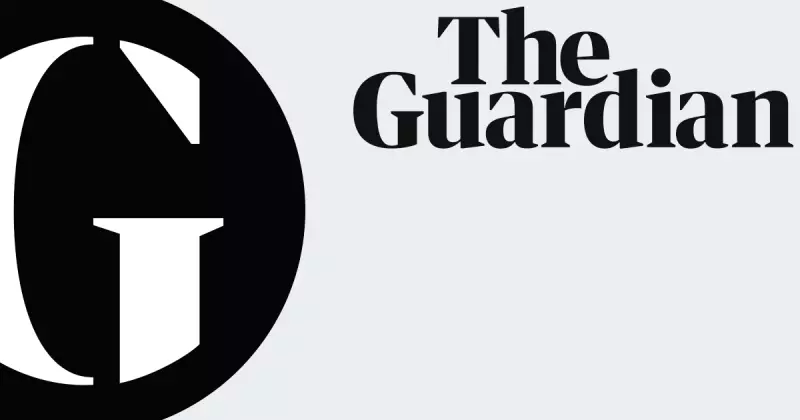
Australian politics has been rocked by a dramatic parliamentary protest that has sparked accusations of systemic racism within the nation's highest political chamber.
Controversial Protest Sparks Outrage
Senator Pauline Hanson, leader of the One Nation party, triggered widespread condemnation after appearing in the Australian Senate wearing a burqa as part of what she described as a security protest. The political stunt immediately drew fierce criticism from across the political spectrum.
Deputy Greens leader Mehreen Faruqi delivered a powerful rebuke, condemning not just Hanson's actions but what she described as decades of tolerated racism within Australian politics. "This parliament drips now in racism," Faruqi stated during an emotional address to the chamber.
Systemic Failure Exposed
Faruqi's condemnation extended beyond Hanson's individual actions, targeting what she characterised as a culture of permissiveness toward racist behaviour. The Greens deputy leader accused both major political parties of allowing racism to fester both inside and outside parliament over many decades.
"You just want to talk about respecting each other," Faruqi said. "Well, this is where respecting each other and just talking the talk has got us. This parliament drips now in racism, because for decades, for decades, politicians – and both major parties, can I say – let it happen."
The incident has raised serious questions about the boundaries of political protest and the responsibility of parliamentary institutions to maintain dignity and respect while accommodating diverse viewpoints.
Broader Implications for Political Discourse
The controversy comes amid ongoing debates about multiculturalism, religious freedom, and political expression in Australia. Hanson's burqa stunt represents one of the most visible confrontations in these cultural discussions to occur within the parliamentary chamber itself.
Political analysts suggest the incident highlights deepening divisions in Australian society and the challenges facing political institutions in managing increasingly polarised debates about identity and values.
The response from other political figures has been largely critical of Hanson's methods, though some have defended her right to raise security concerns, if not the manner in which she chose to do so.
As the fallout continues, questions remain about how Australian political culture will address the underlying issues raised by this confrontation and whether meaningful changes will emerge from the controversy.





